BYD Atto 2 EV hatch due late 2022, targeting circa $35K price
Fresh from the release of pricing and specifications of its first electric car slated to come to Australia, Chinese car maker BYD is gearing up to welcome the second model into its lineup, the Atto 2.
There’s only one catch: the Atto 2 name hasn’t quite been locked in.
As with the BYD Atto 3 small-to-medium SUV that is priced from $44,990, the car known as the Dolphin and EA1 overseas will use Atto as a prefix (it denotes one quintillionth) – as will at least five other BYDs planned to launch in Australia by the end of 2023.
UPDATE: BYD swaps to dealership sales in Australia
READ MORE: BYD Atto 3 EV Aussie pricing, delivery and details revealed
READ MORE: BYD Atto 3 – specifications and details: what we know so far
READ MORE: Target Tesla: BYD sports sedan to chase down Model 3
The CEO of importer EVdirect, Luke Todd, says Atto 2 is the most likely name for the compact five-door hatch. That’s also the name publicist Max Markson used in unveiling the car at a launch function this last weekend.
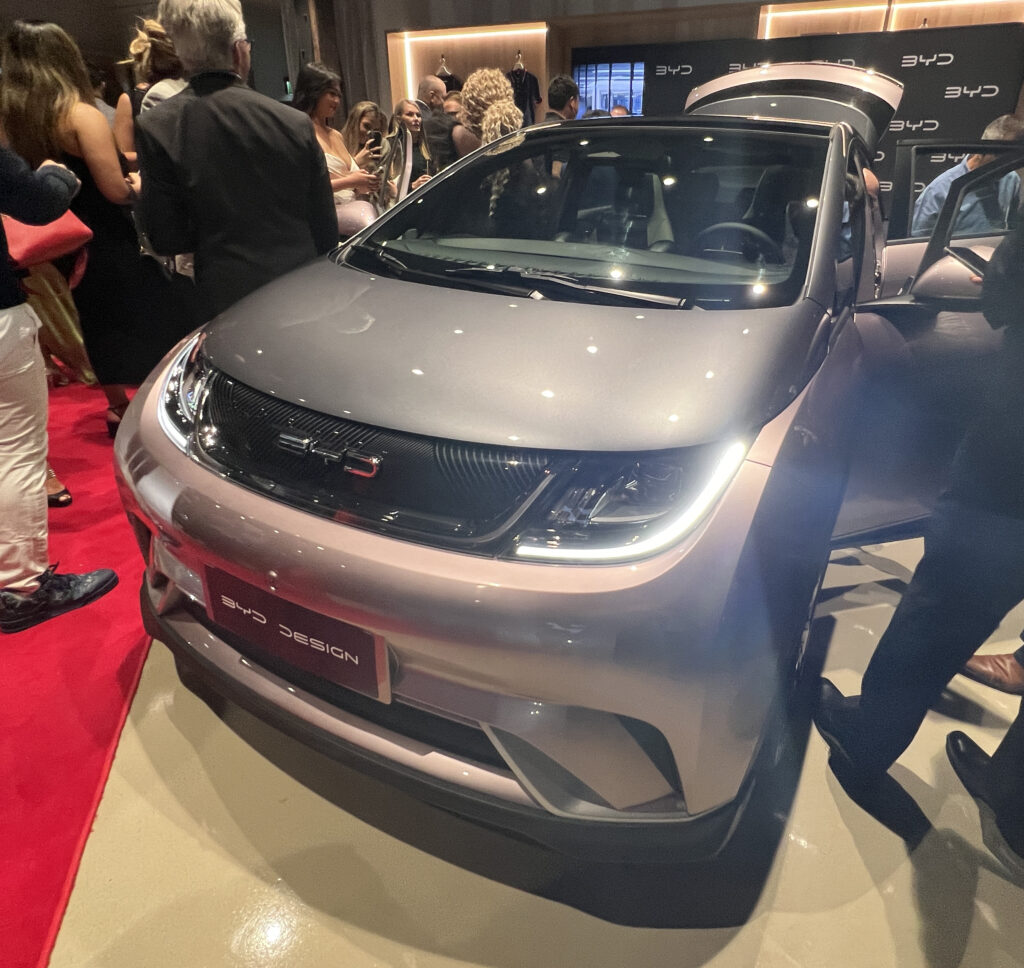
“It’s likely that the [Atto] numbering system will align with the size of the vehicle,” says Todd, leaving the door open for the smallest in the BYD range to be called Atto 1.
As for the price of the car likely to be called Atto 2, Todd is backing down from previous suggestions it could sneak in under $30,000, instead suggesting it will likely settle around $35K.
The car is due to arrive late in 2022 or early 2023.
“We’re aiming for production late this year,” he says. “We’re doing everything we can to have deliveries by December … [but] that may flow over to January.”
The Atto 2/Dolphin/EA1 is 4070mm long, 1770mm wide and 1570mm tall, which gives it similar dimensions to a Toyota Yaris and Mazda2.
It is being offered in China with a 70kW/180Nm motor or a 130kW/290Nm option.
It’s not known which one will be sent Down Under, although expect it to have an EV range of at least 400km.
As with the Atto 3 that has a central touchscreen that rotates through 90 degrees, the Atto 2 will be packed with tech and the latest connectivity as part of its pitch to tempt buyers away from rivals.
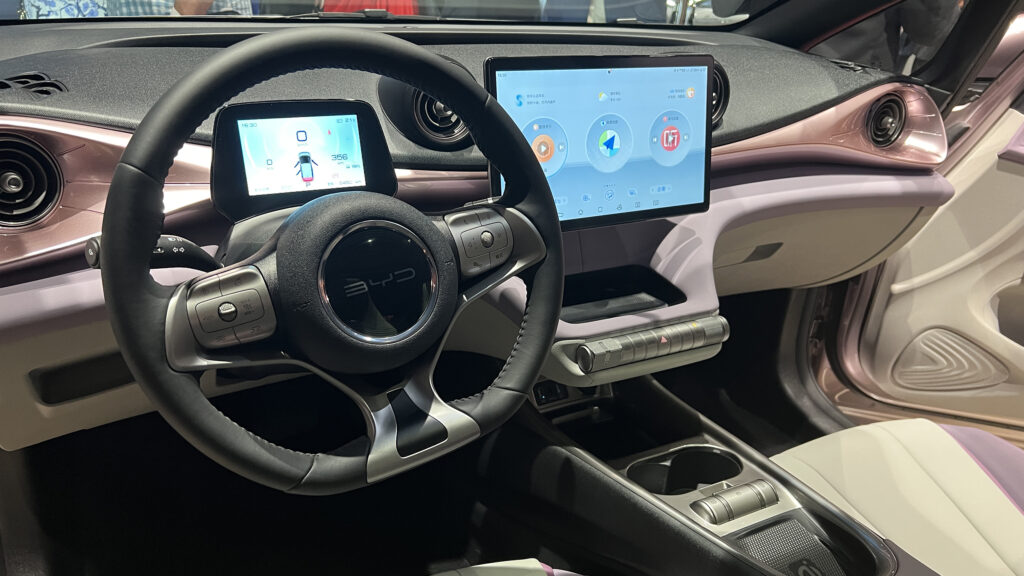
The Atto 2 will roll down a production line that has heavy investment from EVdirect as a part of long term plan to secure significant volume production, potentially sidestepping issues other brands are facing in sourcing enough vehicles to meet local demand.
Many brands can’t yet get their EVs into the country (they include Volkswagen and Ford) while others such as Hyundai, Kia, Volvo and Tesla can’t keep up with demand and so have long waiting lists as a result.
Meanwhile Todd clarified the relationship between EVdirect he currently heads and Nexport that he was previously managing director of, confirming the two had gone their own way.
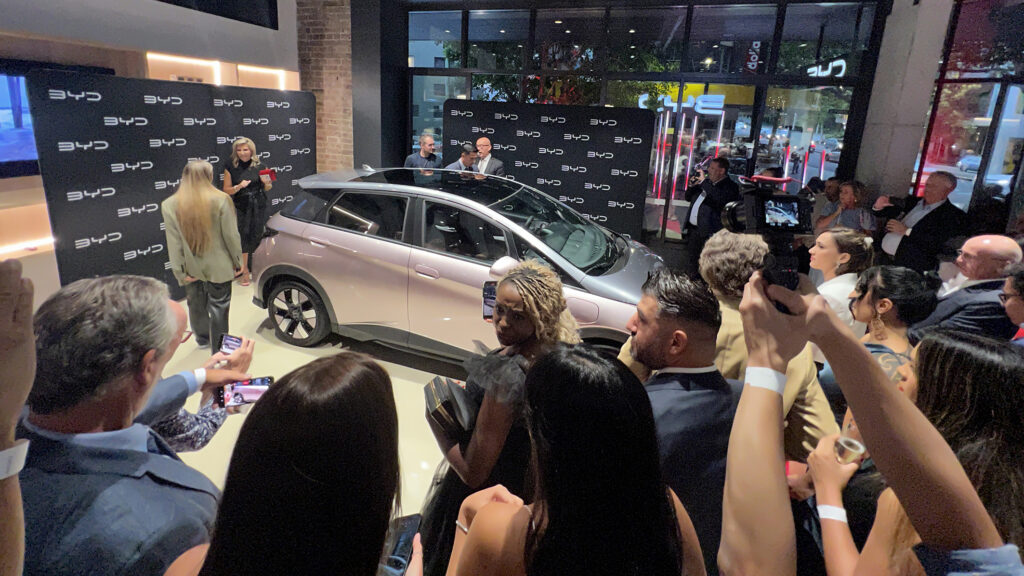
“I’ve stepped away from the Nexport group altogether and am heading up EVdirect and going forward with passenger cars,” says Todd, highlighting the differences in what each is targeting.
“Nexport is focused on buses and trucks and a whole range of wonderful products … my focus now is to bring as many high quality BYD passenger models as I can [to Australia].”

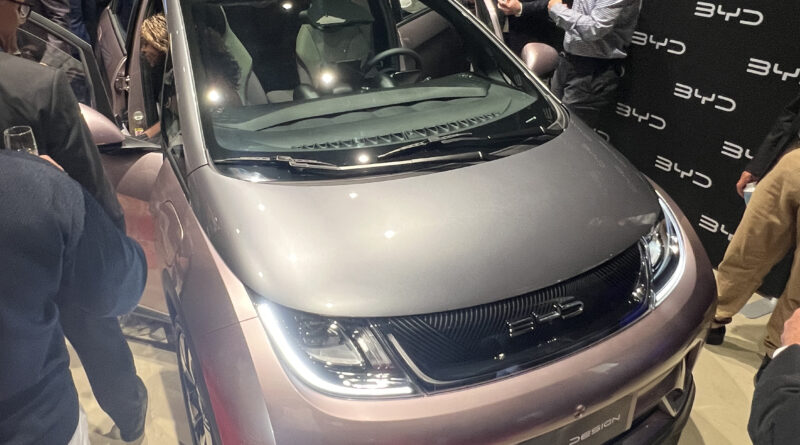
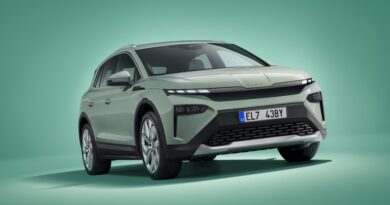
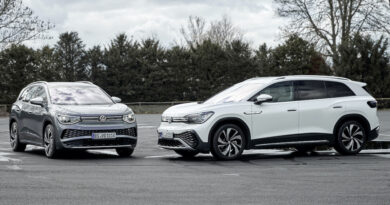
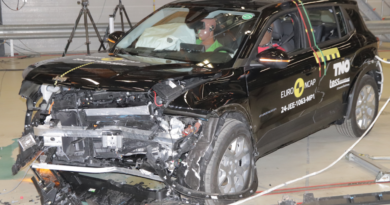
Yesterday the car was quoted to be 44-48 plus on road costs?
That’s more like the pricing for the Atto 3, which is a different (larger) car.
The big thing folks is that the BYD cars run on LFP (Lihium Iron Phosphate) battery chemistry. Meaning you can charge the battery to 100%, exhaust it to 0% and fast charge it as much as you want without battery damage. Also very safe – can’t thermally run away and explode. Tesla’s model 3 Li NCA battery typically used between 20% and 80% charge to avoid battery degradation (times WLTP by 60% to get real world kilometerage)
The way China is threatening Australia and blocking our products to their markets they will end up with their products canned